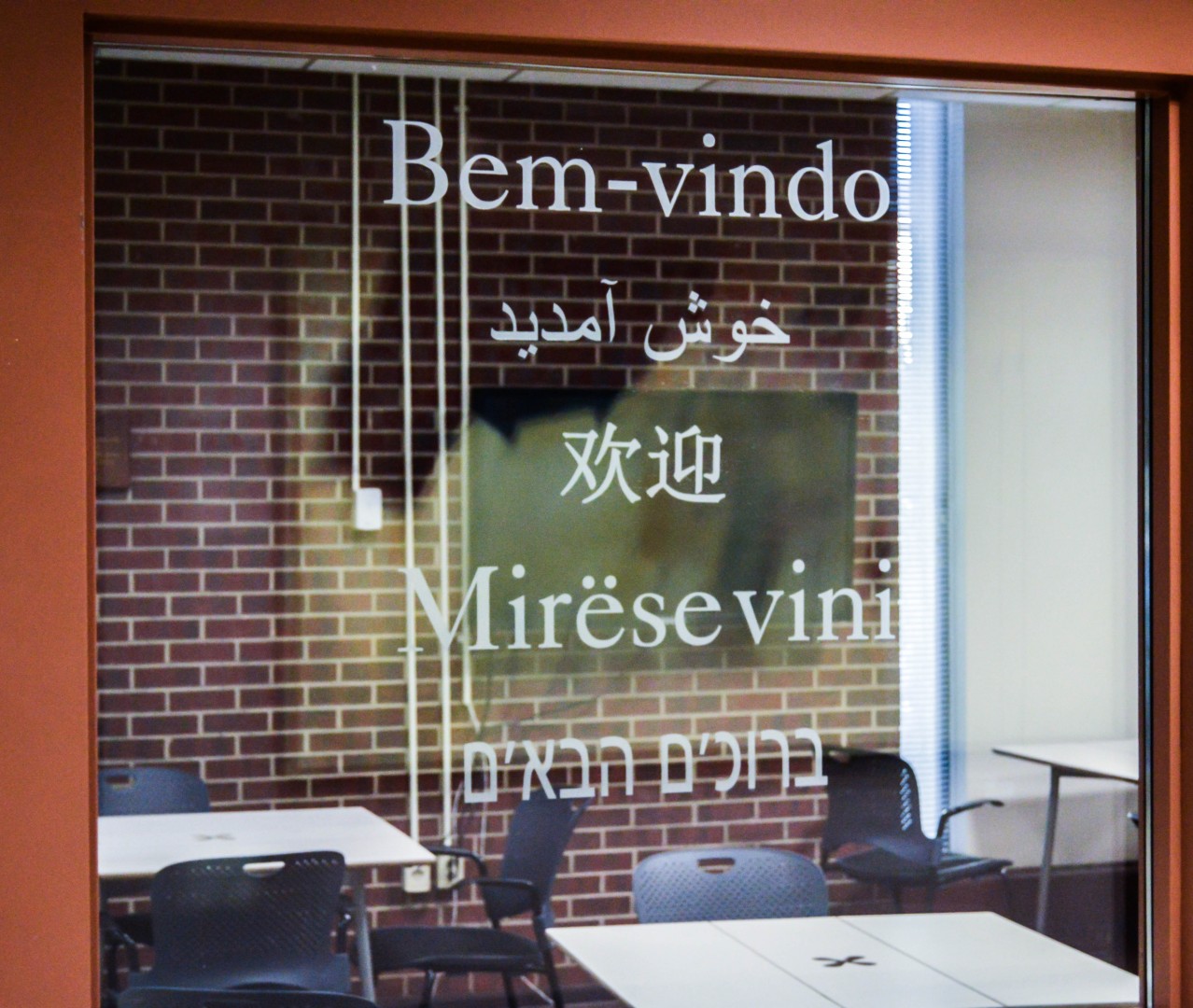Here are the facts: According to BBC, Arabic is the official language of 22 countries with over 467 million speakers and is the 4th most spoken language in the world. This makes it an important language that DU students should get the chance to study and use in their futures. Arabic is the fastest growing language in the United States, says Professor Maha Foster, the Arabic lecturer here at DU. Currently over 5 million people speak Arabic in the U.S., she estimates, and yet DU does not offer a major or minor in the studies of Arabic.
The Washington Post estimates that Arabic has around 100 million more speakers than Spanish and is the root of about 4,000 words in the Spanish language. DU offers nine of the world’s top languages including Russian and Hebrew and currently offers a two-year program in Arabic, but no minor curriculum. It is worthy to note that Arabic is the language of the Qu’ran and its study is imperative to understanding that holy book, just as it is important to study Hebrew to understand the Christian Bible.
Arabic is classified as a critical language by the government, and they pay students to study it through the Critical Language Scholarship Program (CLS). CLS wants to train Americans in Arabic so they can build relations with foreign countries and improve diplomacy.
Arabic is not only crucial to foreign relations, but to foreign business as well. The Middle East is a powerhouse of oil production; Gulf Business says that Saudi Arabia, an Arabic speaking nation, is the largest exporter of oil, producing over 11,000 barrels a day and housing 20 percent of the entire world’s proven oil reserves. Demands for English-Arabic speakers are rising in conjunction with the United States’ rising demand for oil.
This is business that DU graduates are missing out on as well as business related to intelligence, engineering and international development. Foster says that not many people are proficient enough with Arabic to be able to use it effectively. This is why we need to start offering at least a minor in Arabic, as a two-year program is not enough to become proficient. It is essential that our students have the opportunity to become more educated in this language. It will put them ahead in job markets as the demand for Arabic translation is only growing.
The problem is the numbers. It is a “vicious cycle” as Professor Foster puts it: not enough students are registering for Arabic so DU doesn’t see the need for a degree program, but students aren’t signing up because there is no degree program. Students at DU have asked for a minor, she says, but dropped out of the program after they thought they had gotten as far as they could without access to a minor curriculum. Her advice? Students should request a minor program from administrators and a minor program should be developed, then see if the numbers follow after. It will break the cycle and more students will become aware of the need for Arabic speakers. If DU wants to be remain a leader in areas related to international studies then it should at least start offering a minor in Arabic.










